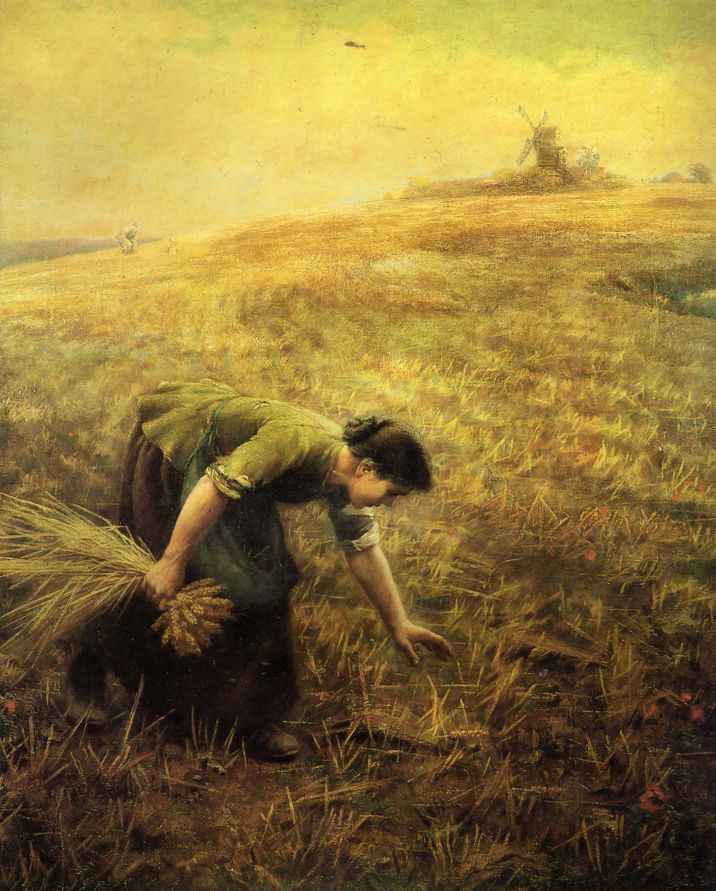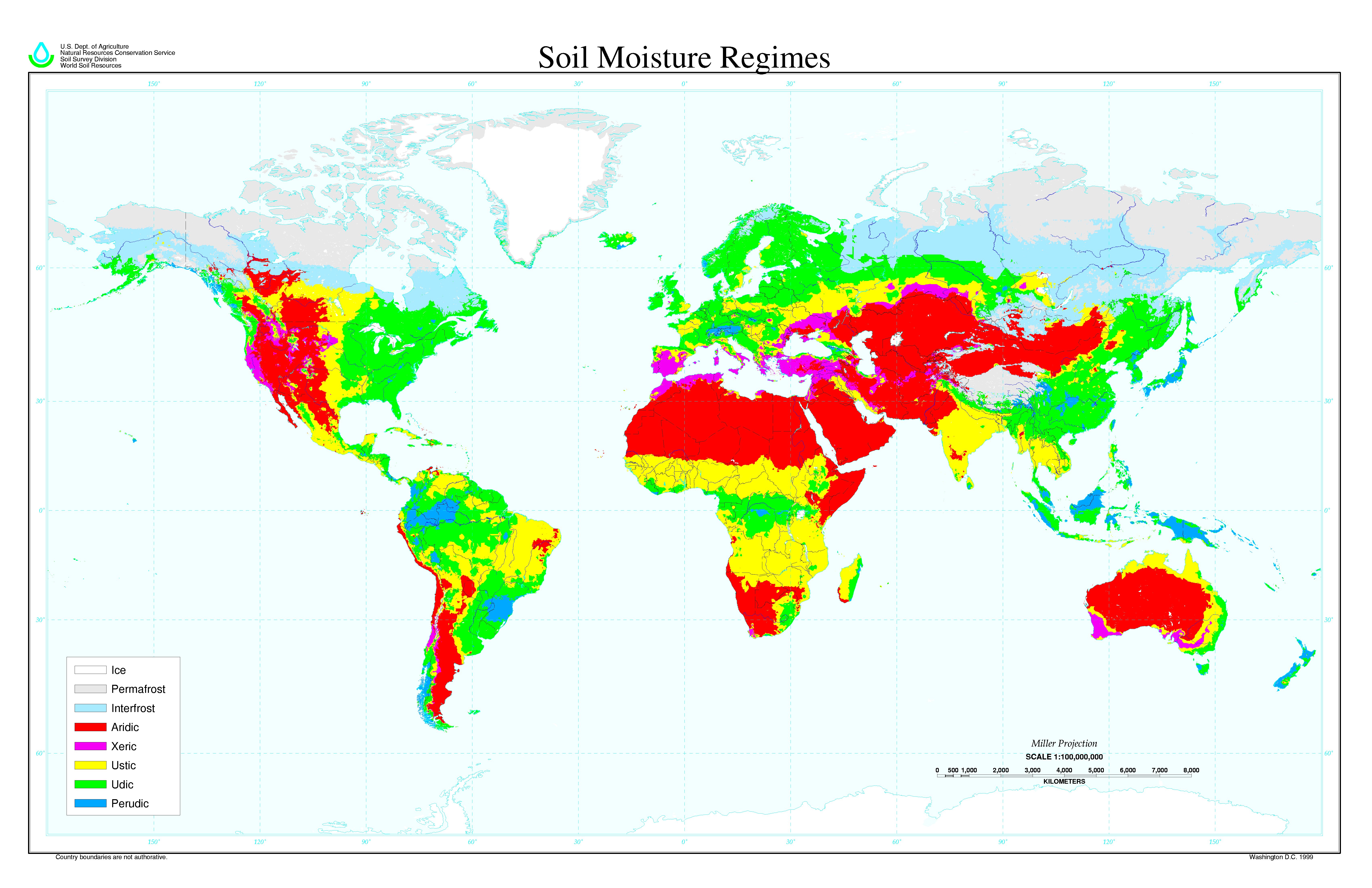
I don’t know if you’ve heard, but rumor has it that the God of the Old Testament is a pretty angry deity. He can’t go 5 pages without punishing someone for something, preferably via smiting. And with so many rules, it’s no wonder that the Israelites run afoul of them so frequently.
If you can manage to actually read through all the laws, though, you might get the impression that God is more than smoter-in-chief. He demonstrates considerable concern for the disadvantaged, for example. One particular provision stood out to me on a recent excursion through the Pentateuch — the call to not reap every last morsel of grain, in order to leave behind something for those who don’t have their own fields or other means of obtaining food. Commandments to leave the gleanings are repeated several times in the law. That led to wonder what it means to leave gleanings in a 21st century context.
I am aware that farming still occurs today, and so there may be some cases in which these commandments can be implemented directly as stated. But relatively few of us are farmers, and many people who might be in need of some gleanings live far from a farm. Personally, I have no crops to reap, so I need to identify principles that can be adapted to my circumstances.
Beyond the repetition, two things struck me about this agricultural arrangement. First is the explicit assertion that 100% efficiency is not the goal in reaping. This seems very counter to our American mindset, where leaving anything “on the table” that we could have obtained is a shame at best and laziness at worst. One small application I’ve considered along these lines is in how I prepare my federal tax return; if I don’t look for every last deduction and credit to maximize my refund, can that be considered leaving gleanings?
The other dimension is the complicated dynamic between the reaper and the gleaner. There is an aspect of welfare to the practice, an explicit recognition of the imbalance and dependency built into the relationship. And yet there is also an opportunity for the gleaner to be an active participant in his own well being with minimal barrier to entry, to do genuine work that has real value to him and possibly to the reapers as well.
Given the scope of this column, I’m particularly interested in how these principles apply to our global efforts to help the disadvantaged through science and technology. The United States reaps many benefits from scientific fields, and it seems only right and proper that we make sure the rest of the world gains from the bounty of that harvest as well.
Actually realizing that in a practical way isn’t always easy, though. For example, vitamin A deficiency is a significant public health concern in many developing nations. In many of those places, rice is a staple food. Put more vitamin A in the rice, and hey presto! better public health, right? That’s exactly the thought behind golden rice.
That program has not been without controversy, however. There are concerns over the fact that it is a genetically modified organism, and that corporations may profit from the patents behind it. If developed nations are largely rejecting GMOs for their own table, what does it mean when we expect developing nations to eat them? It will be interesting to see if reception of vitamin A enriched bananas is any different.

We discussed another technological solution to developing world problems on Facebook in the form of the WarkaWater. Reminiscent of the moisture vaporators from the Star Wars planet of Tatooine, it is a device to collect water from the atmosphere to provide potable water in places where that is a scarce commodity. It would appear to me to be a solution more in line with leaving gleanings. By focusing on a low price solution, the manufacturer may be leaving money on the table compared to a product with proprietary materials, say, but they are also making adoption more likely by keeping the barrier to entry low. And ensuring the unit is easily serviced in the field provides an opportunity for those benefiting from the device to materially contribute to their own livelihood.
That’s not to say that WarkaWater is “right” or “Biblical” and golden rice is “wrong”. There are other Biblical models for how to provide for the disadvantaged, and there are likely dimensions to both initiatives that I have not considered. It just seemed to me that WarkaWater represented an implementation of the principles associated with the particular practice of leaving gleanings in the field. And I think those principles can be helpful in evaluating other technological initiatives to improve global well being.
What efforts to provide the disadvantaged better living through science do you find most promising or noteworthy? In what other ways can we leave a gleaning behind in our modern contexts, locally and globally?
Andy has worn many hats in his life. He knows this is a dreadfully clichéd notion, but since it is also literally true he uses it anyway. Among his current metaphorical hats: husband of one wife, father of two teenagers, reader of science fiction and science fact, enthusiast of contemporary symphonic music, and chief science officer. Previous metaphorical hats include: comp bio postdoc, molecular biology grad student, InterVarsity chapter president (that one came with a literal hat), music store clerk, house painter, and mosquito trapper. Among his more unique literal hats: British bobby, captain’s hats (of varying levels of authenticity) of several specific vessels, a deerstalker from 221B Baker St, and a railroad engineer’s cap. His monthly Science in Review is drawn from his weekly Science Corner posts — Wednesdays, 8am (Eastern) on the Emerging Scholars Network Blog. His book Faith across the Multiverse is available from Hendrickson.

Leave a Reply